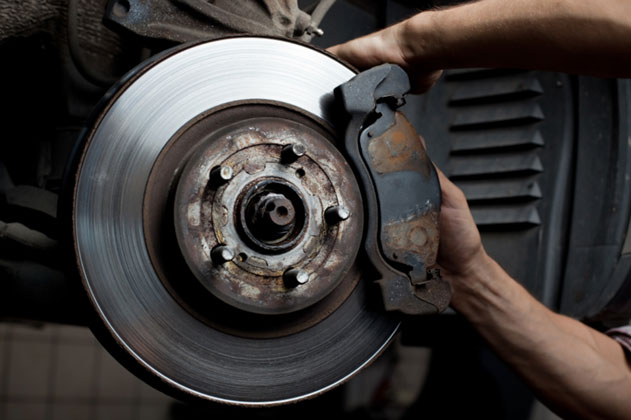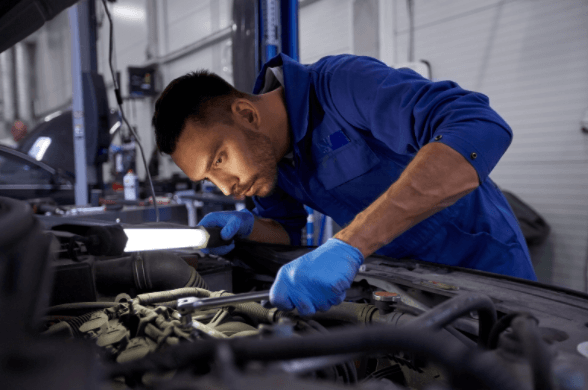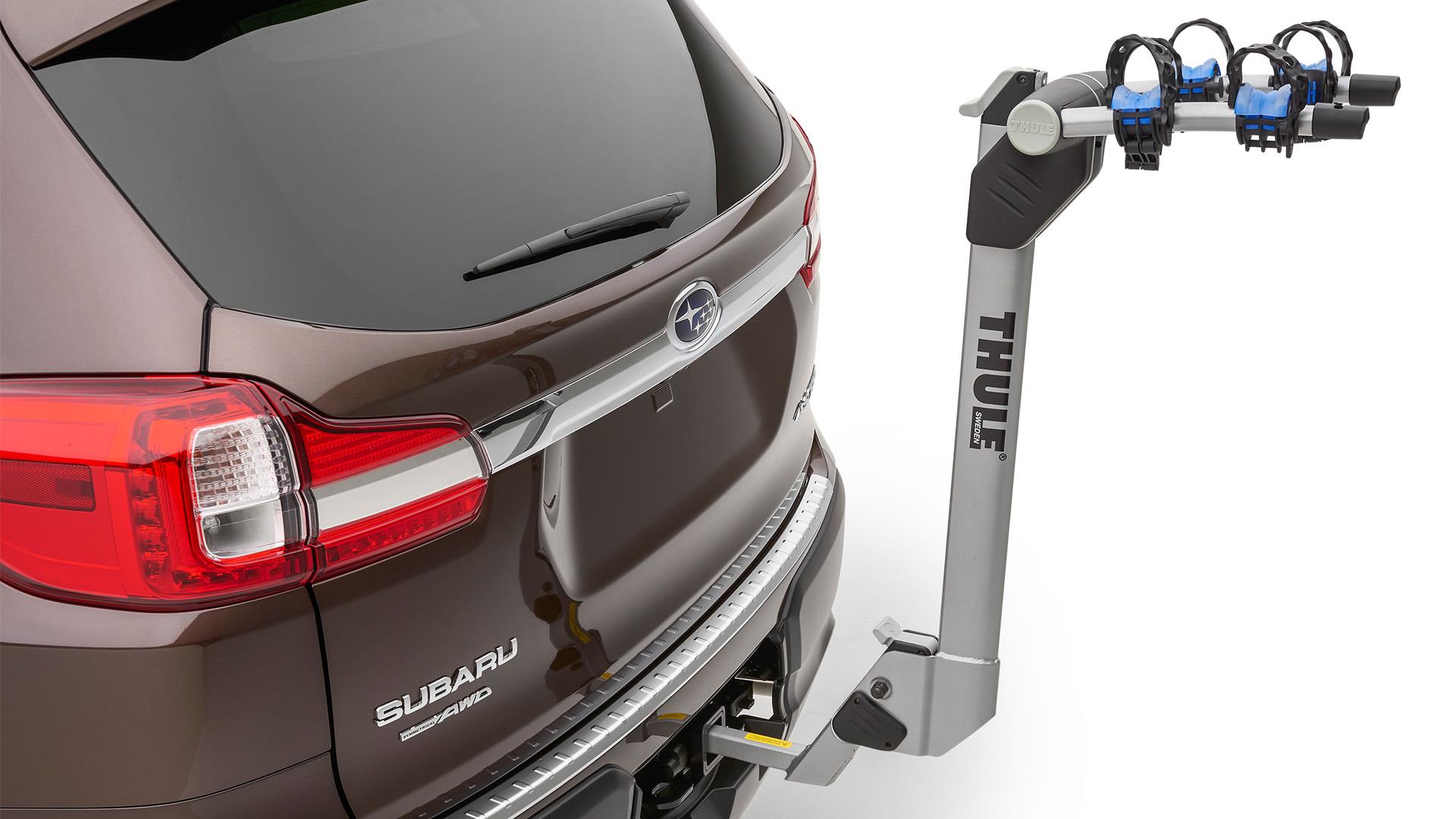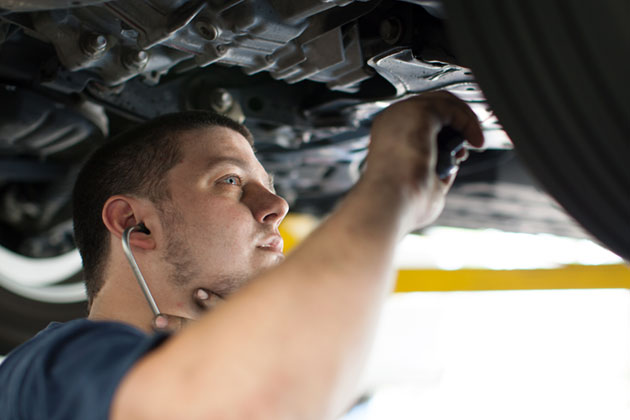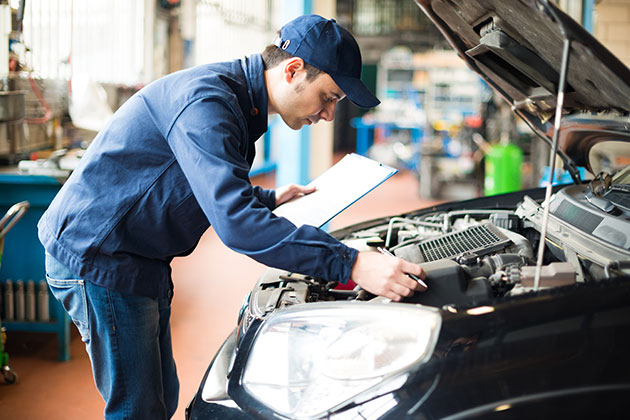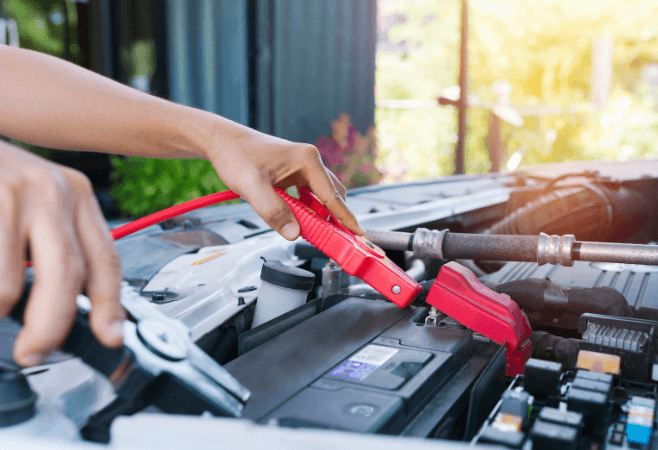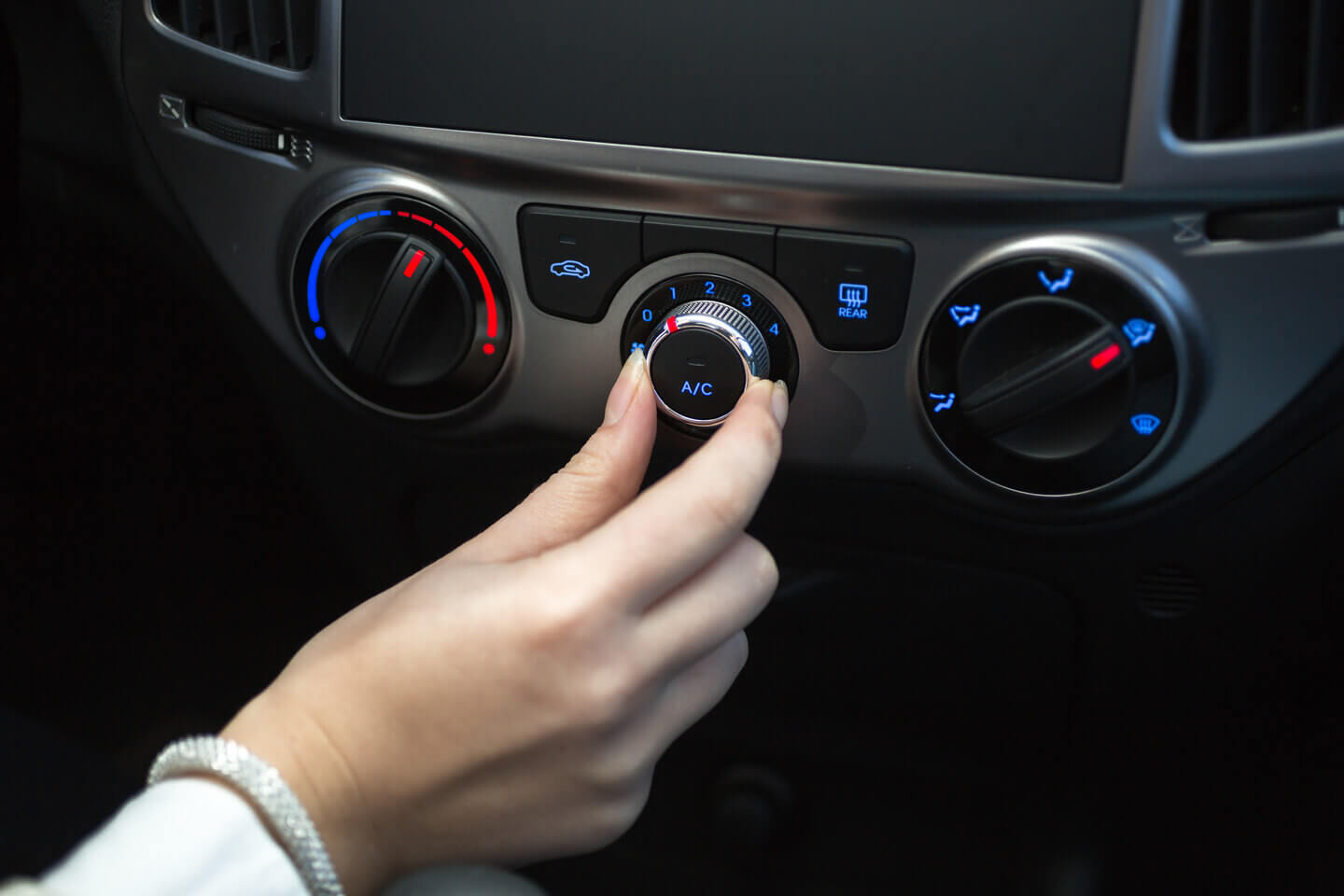You have probably noticed your car dusted yellow at some point this year from the pollen. While you might think pollen only hurts the look of your car and triggers your allergies, it can have serious implications for your vehicle’s health. If you want to keep your car protected from pollen, you’ll need more than just a simple car wash.
As you try to prevent pollen from affecting your vehicle, learn more about how to clean pollen off cars and the ways pollen can impact your vehicle engine, HVAC system, and paint.
Does Pollen Affect a Vehicle’s Engine Health?
Pollen does not directly disrupt your engine or its functioning. However, without the right care, it can create or accelerate engine damage. Contaminants like dirt, dust, debris, and (of course) pollen can impact engine components. Thankfully, a vehicle’s engine and oil filters are designed to keep these contaminants away from sensitive vehicle systems.
These filters become clogged when exposed to extra contaminants. For example, if you frequently drive on dirt roads, you will need a filter replacement more frequently. The same concept applies to pollen season. As pollen season reaches its worst, it can quickly begin to clog your filters.
What Happens When Pollen Clogs a Car’s Engine Air Filter?
Clogged engine filters restrict the airflow into your engine. Fresh oxygen is an essential part of your vehicle’s combustion process. Without proper airflow, your clogged filter can lower your fuel economy and impact your vehicle’s performance. If your engine filters are clogged with pollen and other contaminants, they’re also naturally less effective in protecting your engine from them. Over time, these issues can collectively lead to costly engine damage.
How Does Pollen Affect Cabin Air Filters?
Your car has two separate air filters: your engine air filter (mentioned above) and your cabin air filter. Also called pollen air filters, cabin air filters are designed to remove contaminants from the air circulating through your car’s HVAC system. When working correctly, pollen air filters help you and your passengers breathe cleaner air while protecting your heating and cooling unit. Much like your engine air filter, cabin air filters can become clogged quickly as they fill with pollen.
What Happens When You Have a Pollen-Clogged Cabin Air Filter?
When pollen and other contaminants clog your pollen air filter, your HVAC system will have to work harder to force air through your unit. When your HVAC system has to work harder, it requires more energy and can put your system under stress. As such, pollen-filled cabin air filters can damage your AC system—requiring extensive AC repairs.
How to Protect Your Vehicle’s Engine and HVAC System From Pollen
While pollen can cause costly vehicle damage, you can protect your vehicle’s HVAC system and engine with regular pollen filter and engine filter checks. Since these preventative maintenance services are quick, easy, and affordable, they’re the most cost- and time-effective way to protect your vehicle from pollen and prevent the need for costly repairs.
Before hitting the road on your next adventure, have your air filters checked by a local professional. If your filters are clogged, a mechanic can replace them for you. Otherwise, they can give you an idea of when you are due for a filter replacement.
Does Pollen On Cars Harm Their Paint?
In addition to increasing the risk of engine or HVAC damage, pollen on cars can also hurt their paint job. When pollen lands on your car, acidic pollen spores will start to dig into the paint and expose the coating to rust and oxidation. Since pollen can impact your vehicle’s paint, it’s important to regularly clean it off your car.
How to Clean Pollen Off Cars
During pollen season, it’s almost guaranteed your vehicle will get pollen on it unless you leave it stored inside all season long. If you’re wondering how to clean pollen off your car, you can do so via a number of methods. Some of the most common ways to clean pollen off cars can be found below:
- Microfiber cloths: Using a microfiber cloth to wash off pollen is a great choice. Microfiber cloths are specifically designed not to harm a vehicle’s paint, and they can quickly pick up pollen. When you have pollen on your car, dampen the microfiber cloth with an approved cleaning product or water and then use it to wipe away any pollen.
- High–pressure water hoses: Another fast way to remove pollen on cars is with a high-pressure water hose. As long as your garden hose has a high-pressure setting, spray each panel of your car with it until the pollen washes off. You’ll also want to spray your roof, windshield, and hood to remove any pollen. Doing this before you park your vehicle in the garage after a day of driving can help prevent pollen damage.
- Car wash soaps: If you want to give your vehicle a more thorough wash, you can use standard car wash soaps to remove pollen from your vehicle’s exterior. As long as the soap is approved for your vehicle, follow the product’s instructions for mixing it with water in a bucket. Next, you can use a microfiber cloth or soft sponge to apply the soap to your vehicle’s entire exterior and remove any pollen. You might also want to try specialized pollen removal cleaners, but make sure they’re approved for your vehicle.
Should You Take Your Car in for a Professional Car Wash During Pollen Season?
Though you can clean pollen off your car yourself, nothing beats a professional car wash performed by hand. Drive-through car washes aren’t recommended because they’re not as thorough, and their brushes can become more abrasive as they wear out, resulting in damaged paint.
A professional who washes your vehicle by hand will ensure your entire vehicle is properly cleaned, dried, and protected from pollen. If you go to a professional who offers detailing packages, they can apply a finishing polish on the vehicle that stops pollen from latching onto your paint. These finishes also put another layer of protection between pollen and your vehicle’s paint job, reducing the risk of pollen-related paint damage.
Choose Chapel Hill Tire for Seasonal Car Service in the Triangle
If you’d like to protect your vehicle from pollen and live in Raleigh, Chapel Hill, Carrboro, Apex, or Durham, bring your vehicle to Chapel Hill Tire. When you make an appointment with us, our team can provide an engine air filter change, cabin air filter change, and oil filter change to ensure your vehicle runs at its best during pollen season. We also offer mobile detailing services, where we’ll visit your home or office to hand wash your vehicle.
Learn more about our comprehensive car services today. If you’re ready to bring your vehicle into one of our Triangle-area locations, please make an appointment online or call your local Chapel Hill Tire shop.

